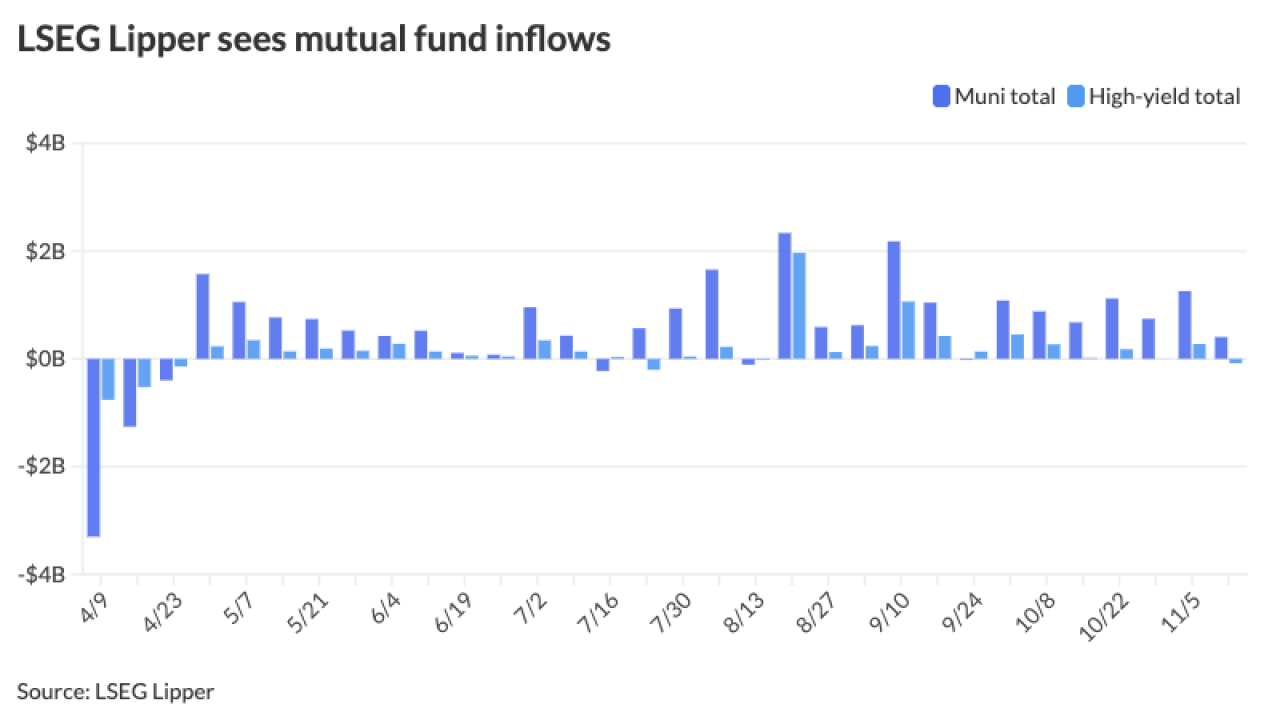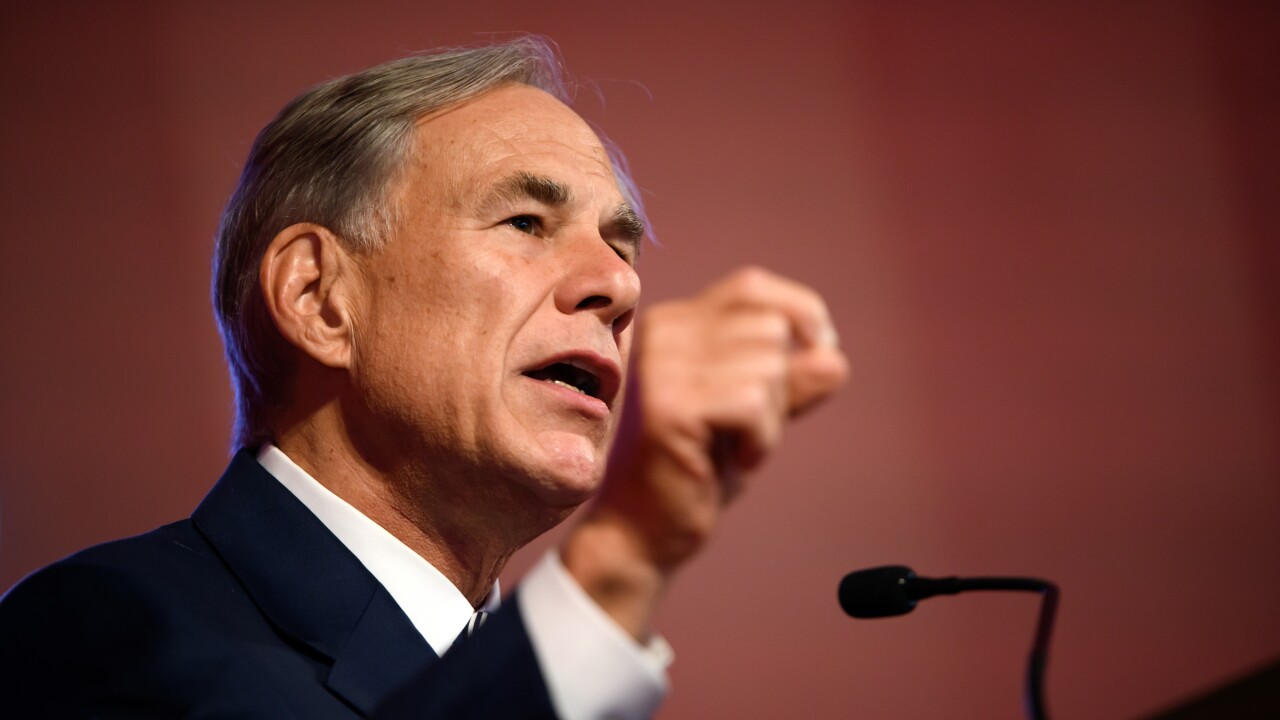
CHICAGO – More Illinois school districts are operating in the red, according to new data.
The assessment comes from the Illinois Board of Education's
Various financial pressures are to blame, according to the report card, which found that nearly 60% of districts carried deficits, the highest level in five years.
"Financial performance in the school districts has been impacted by the unavailability of debt, reduced state funding appropriations, delays in receipt of state funding and local revenues," and declines in property values that impact tax collections, the report warns.
"School district administrators facing difficult economic times continue to make hard choices," the report said.
They have cut jobs, forgone supplies, delayed facility repairs and maintenance, outsourced operations, and increased cash balances by issuing debt or restructuring debt payments, according to the report which was approved by the board at a meeting Wednesday.
"Districts are now at a point where additional budget reductions are going to be very difficult to realize without impacting the education of students," the report said.
Debt issuance fell slightly in fiscal 2015 to $307 million.
The number of districts that earned the top designation of "financial recognition" grew to 568 from 553 a year ago. The number of districts put into the weakest category of "financial watch" fell to 32 from 38. The remainder landed in the two middle categories with 196 designated on "financial review," down from 199. Another 61 districts fell into the category of "financial early warning," down from 70. There were three fewer districts profiled, because of consolidations.
A district's profile takes into account its fund balance-to-revenue ratio, expenditure-to-revenue ratio, days cash on hand, and the percentage of remaining short-term and long-term borrowing ability. Schools earning the top designation require little or no review or SBOE assistance while those in the middle categories are monitored for downward trends.
District with the lowest designation are monitored "very closely" and technical assistance offered. After two consecutive years with the label, the state can request detailed information from the district that could lead to a declaration of "financial difficulty."
Of the 32 districts on watch status, 18 received the same designation last year, including Chicago Public Schools. Six saw a decrease in their financial score, including the junk-rated CPS which is grappling with a $1 billion budget gap and liquidity crisis.
The state board has requested financial information from six districts on watch as permitted under the state school code – Chicago, Streator Elementary School District 44, South Wilmington CCSD 74, Edwardsville Community Unit School District 7, Johnsburg Community School District 12 and Lincoln Way Community High School District 210.
"The board's sincere hope is that this investigation will identify opportunities for steps that will improve financial conditions, avoid certification of financial difficulty, and most important, result in financial stability for each of these districts," State Superintendent of Education Tony Smith said.
If districts are found to be in "financial difficulty," they must submit a financial plan to address their difficulties. If the district fails to comply with the plan, the state can impose an oversight panel. The designation also limits a district's ability to borrow without state approval.
CPS has long been exempt from the most stringent sanctions under the code although it must submit to the review. CPS argues the only repercussion of a financial difficulty ranking is that the information must be reported to Gov. Bruce Rauner and Chicago City Hall.
Rauner's administration has taken the position that CPS' exemption expired years ago when the Chicago School Finance Authority legislation was repealed. CPS says the exemption still applies.
The report card comes as Rauner and his fellow GOP members in the General Assembly are pressing passage of kindergarten through 12th grade spending for fiscal 2017. Rauner and the Democratic majority remain locked in a political feud over a fiscal 2016 budget. The education appropriation in the fiscal 2016 spending plan was one of the few measures not vetoed by Rauner.
Rauner's fiscal 2017 budget proposal provides an additional $50 million to fully fund general state aid to schools. The formula was funded at 87.1% in 2015 and 88.7% in 2014.
"We believe fully funding GSA will provide a lifeline to these districts by providing the necessary supports their children deserve," Smith said.
"It's important it be done immediately so we don't have chaos" due to uncertainty in the coming school year, Senate Minority Leader Christine Radogno said at a news conference Thursday pressing Democrats to pass the education appropriation. Republicans are concerned the appropriation will be held up over CPS' request for additional state funding.
Both Democrats and Republicans support a revamp of the funding formula but the timing on when the two sides will come together to tackle the issue remains clouded by the budget dispute.





